This case study offers strategies for navigating internal frictions within research teams faced with sensitive...


This case study offers strategies for navigating internal frictions within research teams faced with sensitive...
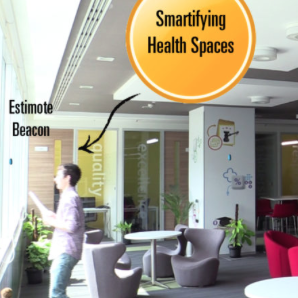
Article 6 in the series Data, Design and Civics: Ethnographic Perspectives How must we conjure up smart spaces? ‘Smart city’ has become an over-indulged urban metaphor, whipping up an apparition of dispersed, highly networked and interconnected socio-economic, infrastructural and communication...

This paper offers frameworks and tools to support complexity- and systems-oriented approaches in design...
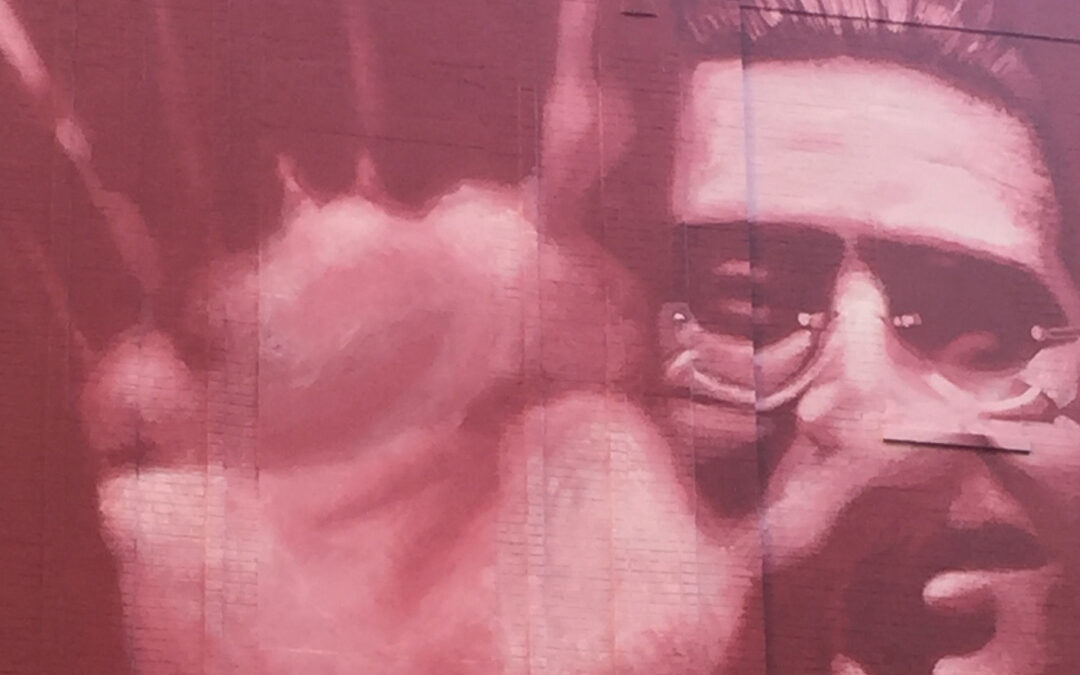
Article 4 in the series Data, Design and Civics: Ethnographic Perspectives On April 1, Secretary of Defense Ashton Carter announced a $317 million federally funded initiative in textile innovation and manufacturing—a national consortium of public and private organizations to be led by MIT. It’s...

Over a century after W.E.B. Du Bois developed the concept of double consciousness, this experience of “twoness”...
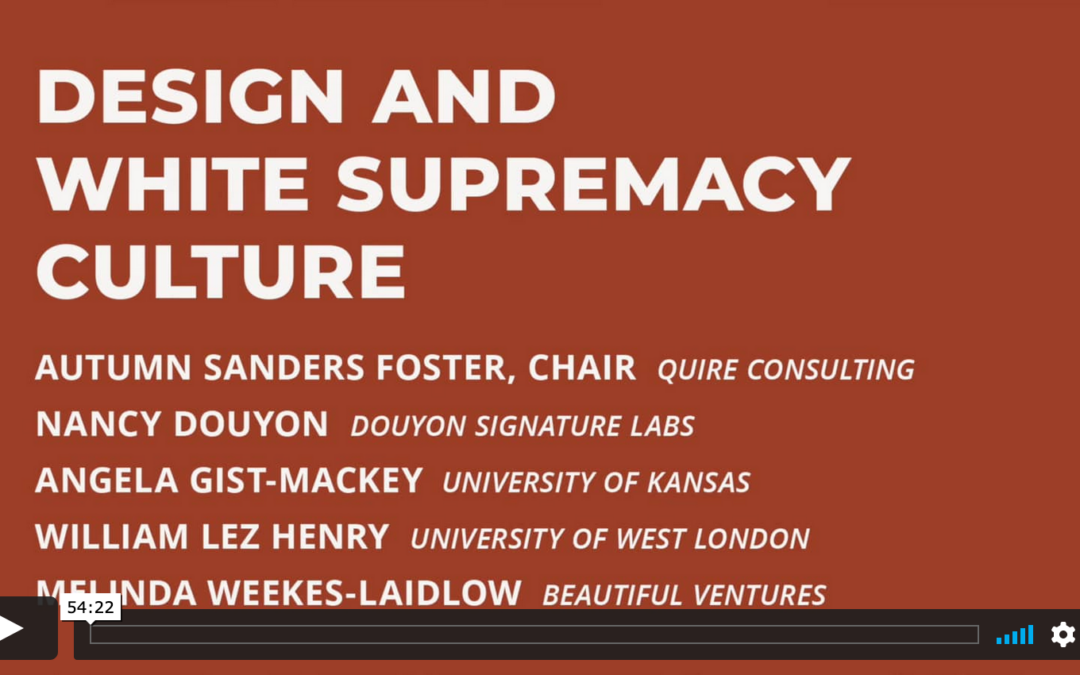
Within the growing global discourse around race, whiteness, and racial injustice lies a call to address the ways systemic racism and normalized whiteness continue to shape our work. Many organizations have issued formal statements but struggle to identify and implement meaningful next steps....

Article 2 in the series Data, Design and Civics: Ethnographic Perspectives The windows were dirty when I arrived on the fifteenth floor of City Hall. I had been hired as the Los Angeles’ Innovation Team’s in-house social communication researcher. My official title was “Design and Data Research...
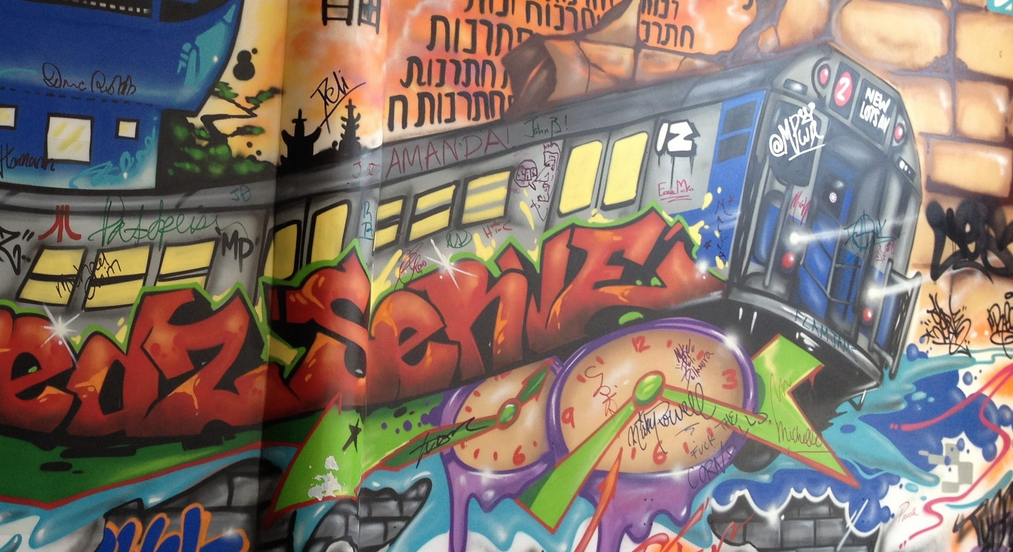
Article 5 in the series Data, Design and Civics: Ethnographic Perspectives "[Aims] such as unslumming slums, catalyzing diversity, nurturing lively streets, are unrecognized today as objectives of city planning. Therefore, planners and the agencies of action that carry out plans possess neither...
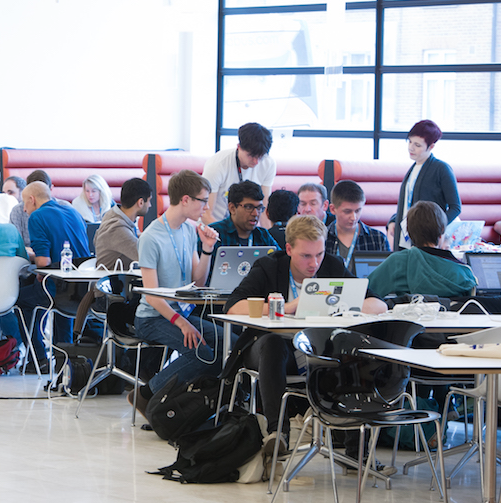
Article 3 in the series Data, Design and Civics: Ethnographic Perspectives The days of gathering in the forum are long gone. Today, the sphere of American civics is teeming with new forms of participation—from emergent advocacy organizations like MoveOn.orgi and shifting information paradigmsii to...

Across two decades, our journey as research practitioners has been undeniably dynamic, defined by moments of...